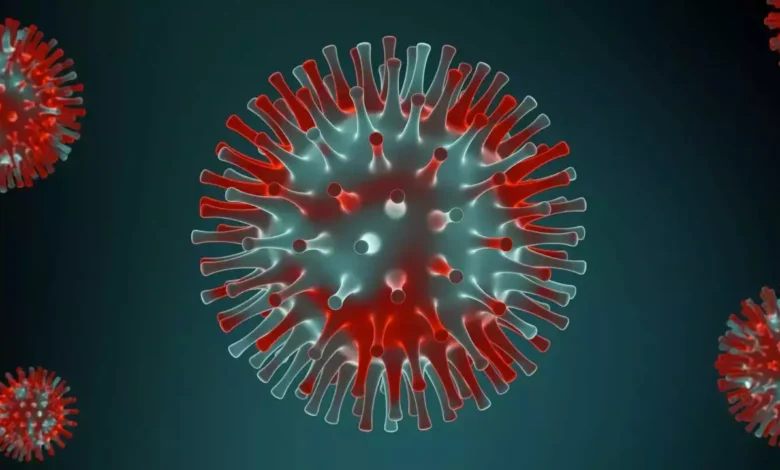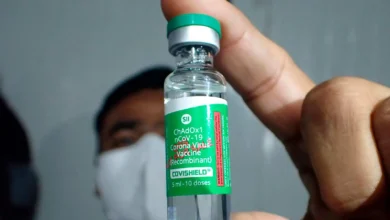The new COVID-19 variant JN.1 discovered in India; Here’s what we know so far
A newly identified sub variation termed JN.1 was discovered in Kerala, India.

Many viruses, including COVID, flu, rhinovirus, pneumonia, and even other SARS-CoV-2, are causing respiratory illnesses all over the world.
What exactly is JN.1 subvariant?
The JN.1 subvariant was discovered in Luxembourg and has subsequently spread to other nations. According to accounts, it is a descendent of the Pirola variation (BA.2.86), a subvariant of Omicron. The sole difference between Pirola and the new variety is in the spike protein. Its spike protein contains various specific alterations that make it more virulent. It can now attach to our cells more strongly than other Omicron subtypes. According to experts, the additional mutation allows the virus to propagate quicker and evade protection.
The first case of JN.1 was discovered in the United States in September of this year, and seven instances were recently discovered in China. This variation has been found in the United States, the United Kingdom, Iceland, Spain, Portugal, and the Netherlands.
Symptoms of the novel COVID-19 variant JN.1
While the majority of instances reported so far have been moderate, with people healing at home, it’s crucial to remember that the virus spreads quickly, so early diagnosis is critical to preventing it from spreading further. Furthermore, how the virus develops soon will provide us with a better understanding of its obvious symptoms.
For the time being, common symptoms continue to be the same. So far, frequent symptoms of the JN.1 variety have included fever, runny nose, sore throat, headache, and gastrointestinal issues like as diarrhea and stomach pains. Some people may even lose their ability to smell. People are also complaining of severe fatigue.
Should we be concerned?
There is no reason to be concerned right now, but everyone should be extra cautious. According to experts, the majority of patients are experiencing moderate upper respiratory symptoms that resolve within 4-5 days. The intensity of the symptoms, however, varies depending on the individual’s immunity. As a result, it has less to do with the variation and more to do with the individual’s general health.
Furthermore, respiratory infections are on the rise across the world as a result of a variety of viruses such as COVID, flu, rhinovirus, pneumonia, and even additional SARS-CoV-2 strains. As a result, it’s critical to monitor your symptoms, and everyone should wear masks in crowded indoor spaces to offer an extra layer of protection.
Do you require another COVID vaccination?
According to the CDC, a COVID vaccination targeting the spike protein should ideally aid in the treatment of JN.1 and BA.2.86. However, we are looking for more information on this.
You might also be interested in – Strict adherence to COVID rules linked to anxiety, despair, and stress: Study


